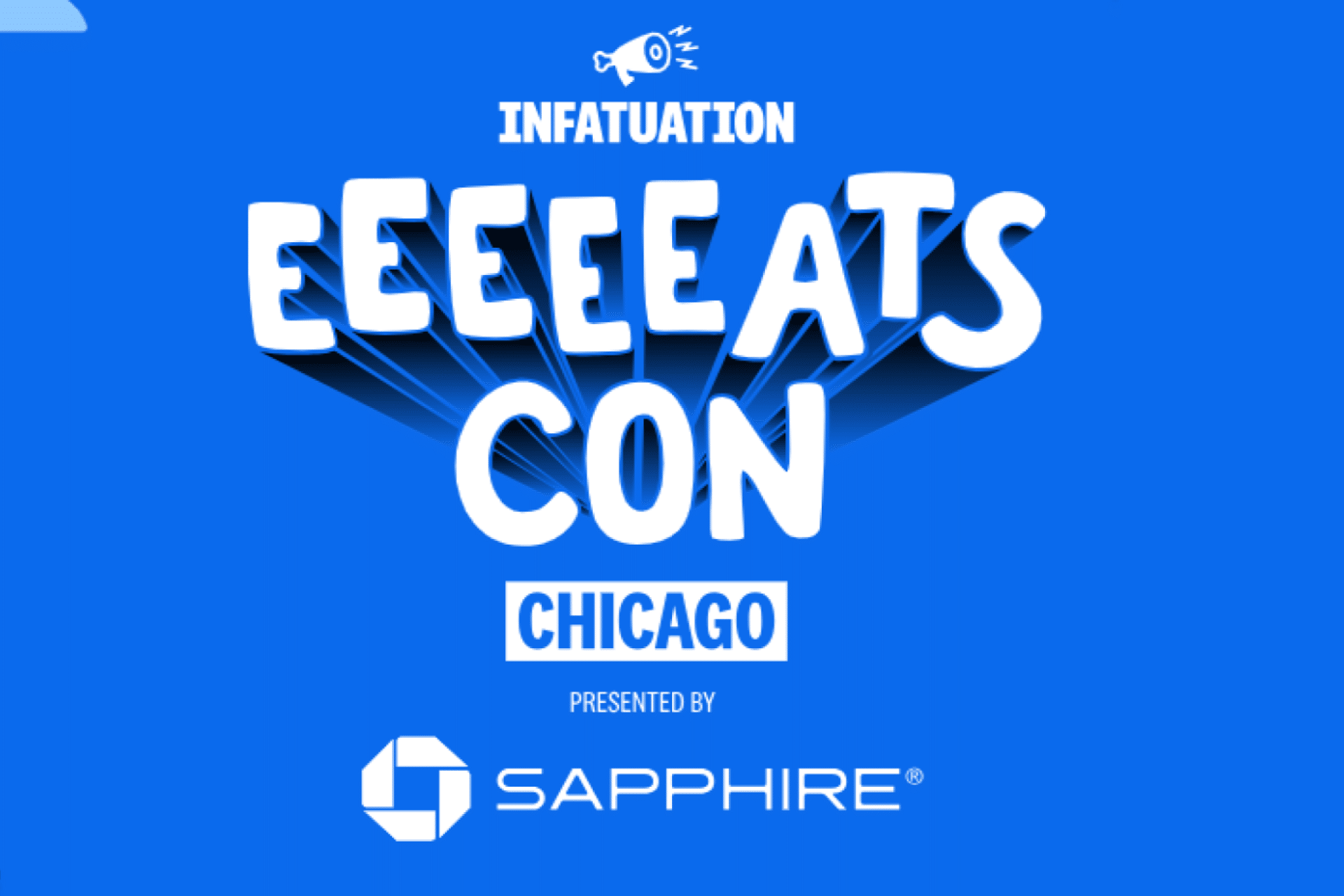The Federal Reserve’s FOMC has raised interest rates for the second time this year. The latest rate hike means higher borrowing costs, so consumers and businesses can expect to pay more for auto loans, mortgages, and credit card balances.
FOMC Raises Interest Rates Again
The Federal Reserve’s Federal Open Market Committee (FOMC) met for the second time in 2023. The FOMC reviews economic and financial conditions, determines the appropriate stance of monetary policy, and assesses the risks to its long-run goals of price stability and sustainable economic growth. For the past year plus, those assessments have included significant rate hikes, with the current Prime Rate now set at 8%
The FOMC again agreed to raise the target borrowing rate by 25 base points – or a quarter-percentage point – to try and control inflation and threats to the economy from bank failures. This is the seventh Prime Rate increase since January of last year.
The FOMC’s decision was not an easy one. Whereas most experts foresaw a 25-base point increase in the borrowing rate, the collapse of Silicon Valley Bank (SVB) cast doubts on the health of the global economy, with some insiders believing the FOMC might keep rates flat to entice growth.
Inflation Is a Continuing Issue
The Federal Reserve has been in a challenging situation for much of the last two calendar years. The global economy has shown signs of shakiness in recent weeks, with the failures of Signature Bank and Silicon Valley Bank (SVB) reigniting fears of a looming recession. The latest meeting of the FOMC was the first chance for the Federal Reserve to comment directly on the state of the economy since the SVB and Signature failures.
While the two recent bank failures draw comparisons to the causes of the 2008 recession, most experts feel that the recent collapses do not appear to mirror similar events from 2008. Still, consumers feel the pinch and worry about a financial disaster. The latest news from the Federal Reserve aims to calm these fears as the specters of recession and world war loom.
“The U.S. banking system is sound and resilient. Recent developments are likely to result in tighter credit conditions for households and businesses and to weigh on economic activity, hiring, and inflation,” the FOMC said in a statement. “The extent of these effects is uncertain. The Committee remains highly attentive to inflation risks… the Committee will closely monitor incoming information and assess the implications for monetary policy.”
Related Article: What is the Longest 0% APR Credit Card?
Featured image by geralt/PixaBay
Editorial Disclosure – The opinions expressed on BestCards.com's reviews, articles, and all other content on or relating to the website are solely those of the content’s author(s). These opinions do not reflect those of any card issuer or financial institution, and editorial content on our site has not been reviewed or approved by these entities unless noted otherwise. Further, BestCards.com lists credit card offers that are frequently updated with information believed to be accurate to the best of our team's knowledge. However, please review the information provided directly by the credit card issuer or related financial institution for full details.



